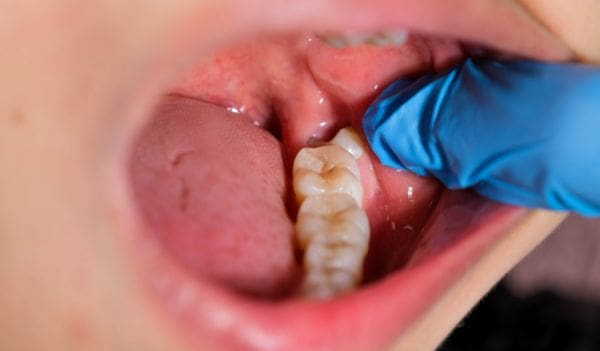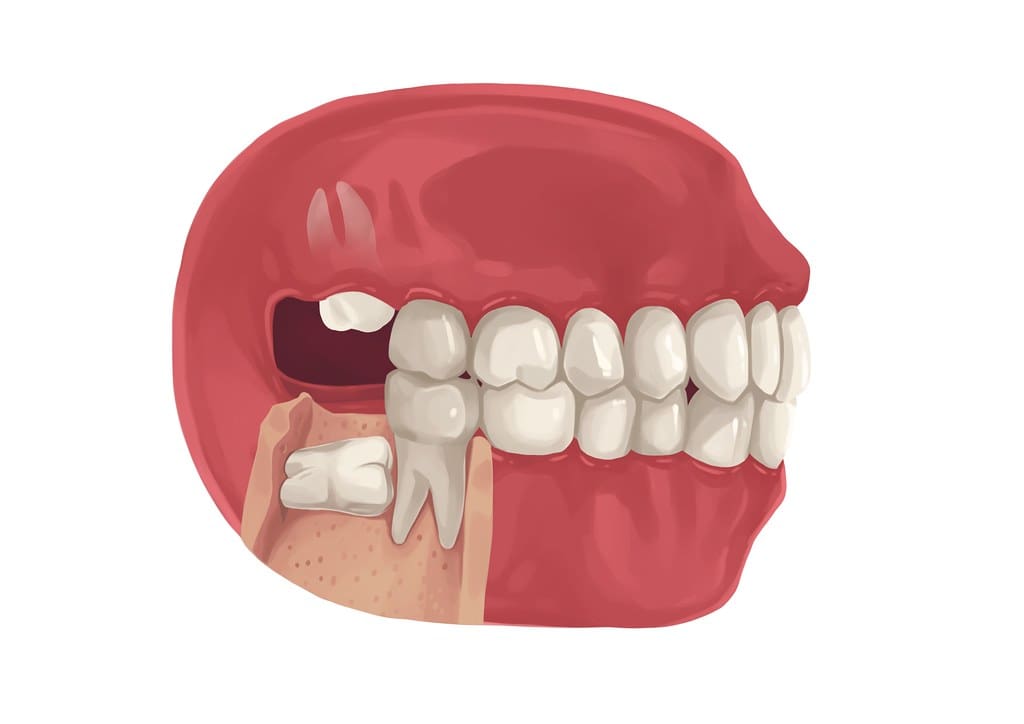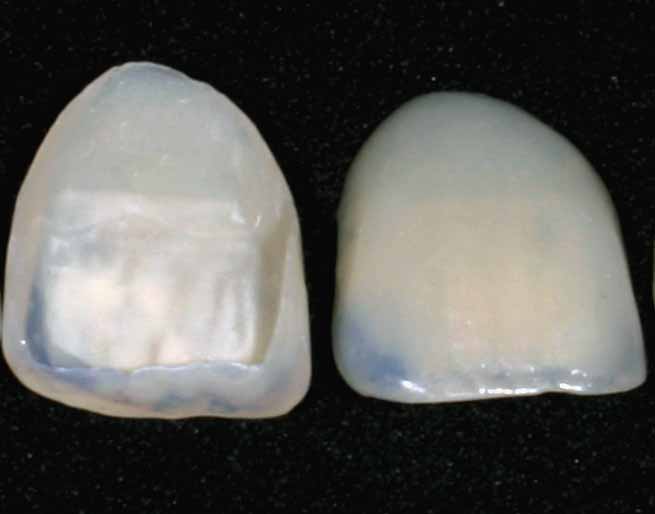About This Condition
As we sleep, our bodies often engage in various involuntary movements and activities, and for some, this includes teeth grinding, or bruxism. While it may seem harmless, chronic teeth grinding can lead to a host of dental issues. Here we explore the causes of teeth grinding, its potential consequences, and effective strategies for managing this common dental concern.
Teeth grinding is a common dental concern with potentially serious consequences. Taking proactive steps to manage stress, wearing protective devices, and seeking professional dental care are key components of a comprehensive strategy to address bruxism. If you suspect that you or a loved one may be grinding their teeth, consult our dentists who can help identify the underlying causes and tailor an effective treatment plan to safeguard your dental health. Remember, by taking action today, you can protect your smile for a healthier tomorrow.
Unravelling the Causes of Teeth Grinding:
1. Stress and Anxiety:
One of the primary causes of teeth grinding is stress and anxiety. Many individuals unknowingly clench or grind their teeth, especially during sleep, as a response to heightened stress levels.
2. Malocclusion (Misaligned Teeth):
Misaligned teeth or an improper bite can contribute to bruxism. The body may instinctively grind the teeth in an attempt to find a more comfortable position.
3. Sleep Disorders:
Conditions such as sleep apnoea or insomnia may be associated with teeth grinding. The body’s struggle to achieve restful sleep can manifest as bruxism during the night.
Consequences of Teeth Grinding:
1. Tooth Wear and Damage:
Chronic teeth grinding can result in excessive wear on the tooth enamel, leading to chips, fractures, and an increased risk of cavities.
2. Jaw Pain and TMD:
The continuous grinding motion can strain the jaw muscles, leading to temporomandibular joint disorders (TMD). This can result in jaw pain, difficulty opening or closing the mouth, and even headaches.
3. Sensitivity and Gum Recession:
The constant pressure and friction from grinding can contribute to tooth sensitivity and gum recession, exposing the roots of the teeth.
Strategies for Managing Teeth Grinding:
1. Night Guards or Splints:
Custom-fitted night guards or splints are designed to create a protective barrier between the upper and lower teeth, preventing direct contact and minimizing the effects of grinding.
2. Stress Management Techniques:
Since stress is a significant contributor to teeth grinding, adopting stress management techniques can be beneficial. Practices such as deep breathing, meditation, and exercise can help alleviate stress and reduce bruxism.
3. Orthodontic Treatment:
Correcting misaligned teeth through orthodontic treatment can address the underlying cause of teeth grinding. Braces or clear aligners may be recommended to improve bite alignment.
4. Behavioural Changes:
Being mindful of teeth grinding during waking hours and consciously avoiding clenching can help break the habit. Avoid Chewing gum and avoid chewing on non-food items like pens or pencils.
5. Regular Dental Check-ups:
Regular dental check-ups allow your dentist to monitor the effects of teeth grinding and provide timely interventions to prevent further damage. Professional cleanings and fluoride treatments can help strengthen enamel.
We Can Help With Any Issues You May Be Having And Always Offer Advice And Options To Suit All Individual Needs.


